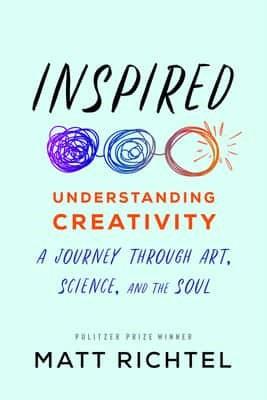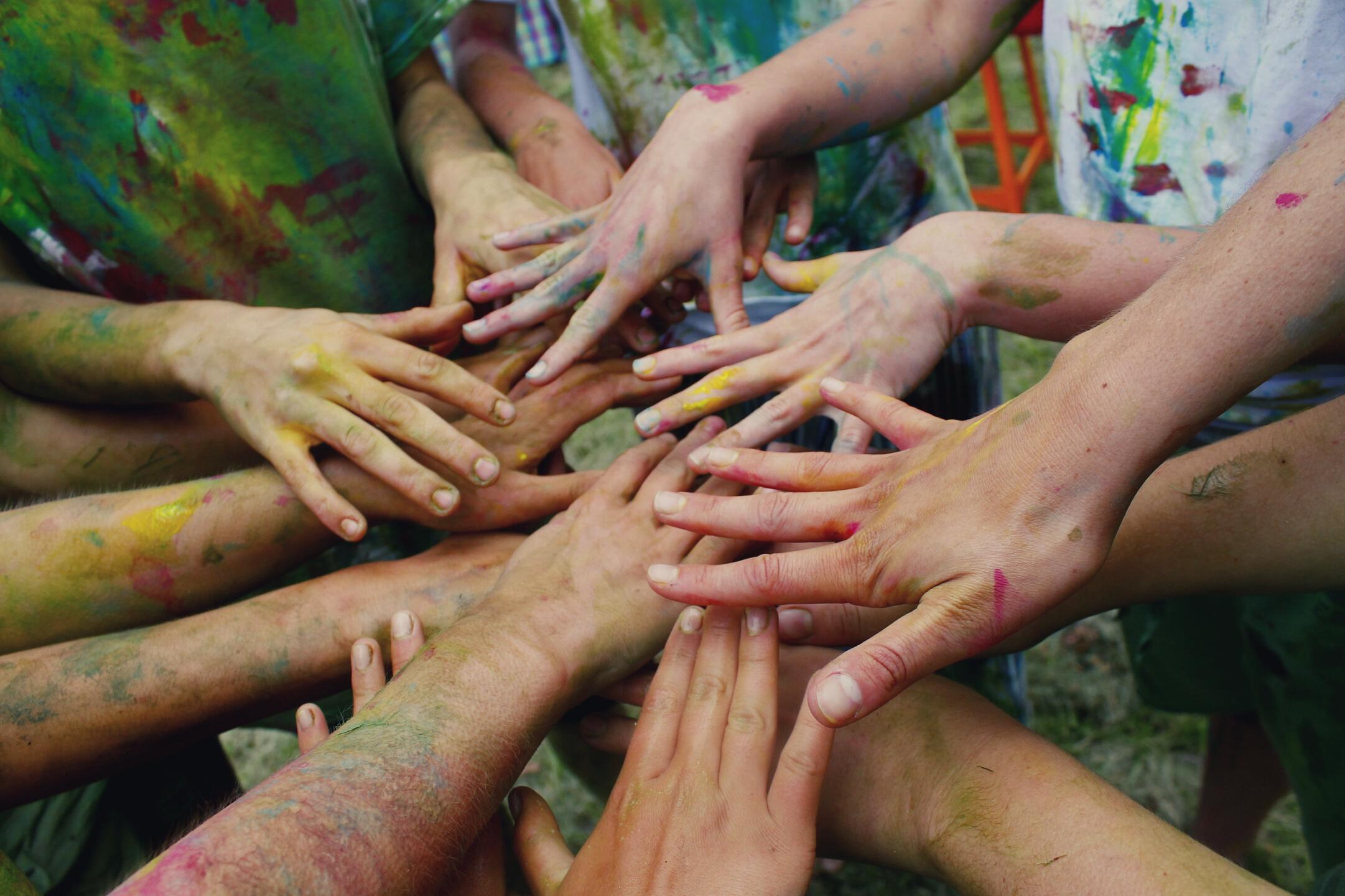Think Everybody Has A Positive View Of Creativity? Think Again!

Of course, we believe that creativity is a universally great thing – thinking otherwise is like dismissing hope or truth! In his conversational, approachable book, New York Times Pulitzer Prize winning author Matt Richtel takes us on a guided tour of the many facets of creativity and offers the encouragement that creativity is innate to being human – it is in all of us.
Matt Richtel has woven together a mindblowing series of stories, interviews and examples of the creative process at work across the ages and human endeavor. He joined me by the Fireside and we talked about many of them.


Creativity
inventing something new, original and valuable– can be terrifying!
Despite our cultural pro-creativity bias, Richtel’s work
with researchers who study our actual feelings about creative solutions finds that for many, creative new solutions are scary and can carry negative connotations.
This makes sense when viewed through the lens of stability versus change. After all, a truly meaningful creative new solution makes older ones obsolete. This reminded me of the effects of strategic inflection points that I write about – automobiles made buggy whip manufacturers obsolete; digital GPS and mapping systems made paper maps largely irrelevant, digital screens replace printed photos.

Creativity requires multitudes
Breakthrough creations are often symbolically associated with a single person. Steve Jobs with Apple products. Reed Hastings and Netflix. Elon Musk with electric vehicles.
Richter finds that, absolutely, when a tipping point for a new idea is ripe, the world-
changing innovation that takes hold is often channeled through an individual or group.

L I K E B I O L O G I C A L
V A R I A T I O N , C R E A T I V I T Y I S I N N A T E T O U S A L L


Evolution in biology goes through predictable processes.
Variation, in which mutations are introduced into the gene pool. Most of them won’t make it, as they are culled by a process called selection.Those few that do make an organism a better fit with its environment are retained and become part of the characteristics of that population.


MOST TRULY NEW IDEAS ARE DEEPLY UNLOVED
Making a similar point that Safi Bahcall makes in his terrific book “Loonshots”, ideas that depart from the orthodoxy of the day are often dismissed, their inventors ridiculed and their potential mis-understood. This is because they divert from the norms of what is possible under a previous understanding of the world.

All new ideas have unintended consequences

An interesting theme in the book, to me, is how a
creative idea is developed to deal with one set of problems, which it may well do successfully. It often, however, leads to the emergence of a whole new set of problems, that themselves require a creative response. I found this picture of lurching through problem – solution – new problem – new solution as part of the creative process to be a great way of summing up the pathdependent nature of progress.
Imagination is more important than knowledge
AS EINSTEIN FAMOUSLY SAID, “YOU CAN NEVER SOLVE A PROBLEM AT THE LEVEL IT WAS CREATED.” IN THE VARIOUS STORIES AND ILLUSTRATIONS IN THE BOOK, RICHTEL SHOWS HOW SKILLS THAT HAVE NOTHING TO DO WITH RAW INTELLIGENCE OR TRAINING FOSTER CREATIVITY.

Creativity can be cultivated
While not a self-help book along the lines of “ you can be the next Picasso!” Richtel offers several ideas on how you can foster your own creative talents. Being open to new ideas and curious about them is a great place to start. Recognize that no one else in the world has the unique experiences and understanding that you do. Giving yourself time to let your mind wander helps.

Definitely worth a read.


